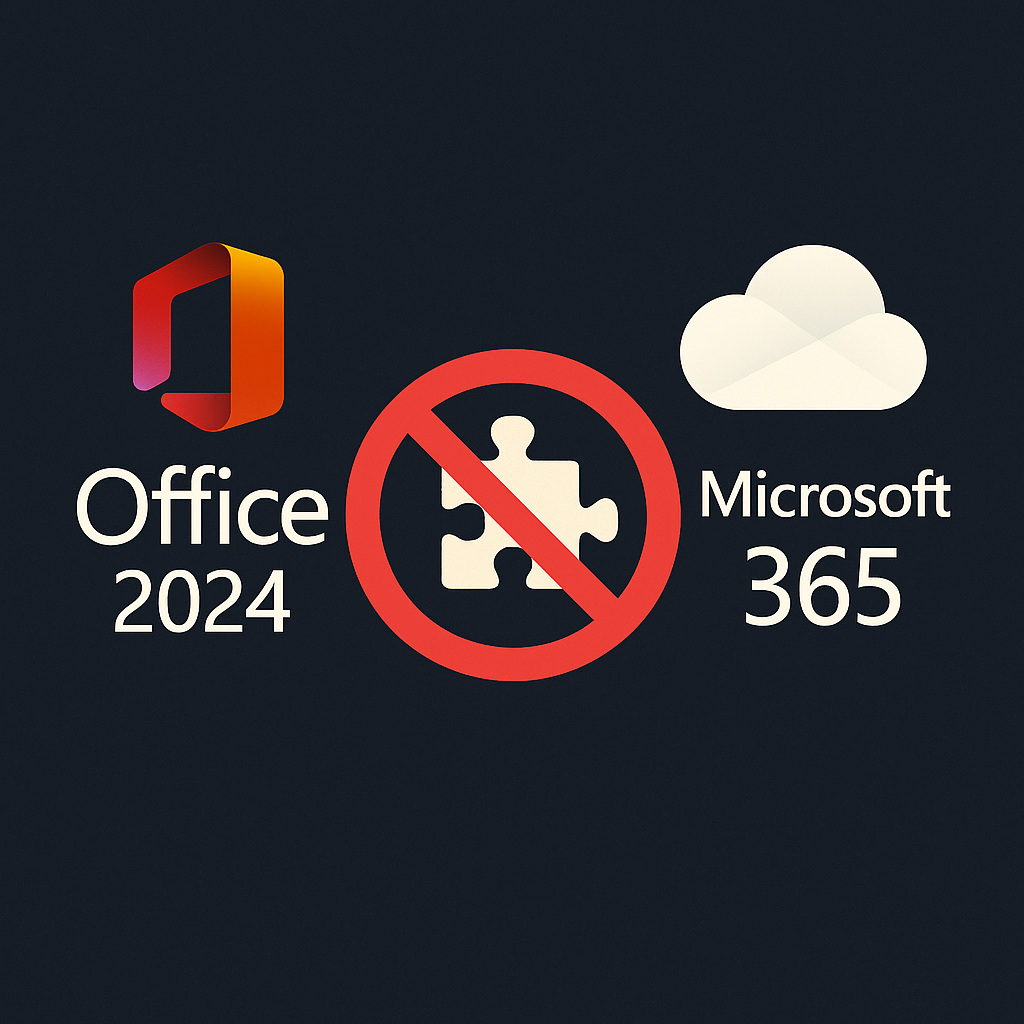
OpenAI Inc., the creator of ChatGPT, is facing a lawsuit accusing the company of stealing private data worth billions of dollars to train its AI models. The lawsuit, filed in federal court in San Francisco, alleges that OpenAI, along with its major backer Microsoft, collected and disclosed personal information without proper notice or consent from sixteen pseudonymous individuals.
The complaint claims that OpenAI and Microsoft obtained data for their AI models through unauthorized means instead of legally acquiring it. The plaintiffs, who are identified only by initials for fear of retaliation, estimate potential damages of $3 billion, as they believe millions of individuals have been affected.
According to the lawsuit, OpenAI violated privacy laws by secretly scraping 300 billion words from the internet, including personal information obtained without consent from sources such as books, articles, websites, and posts. The complaint states that OpenAI conducted these activities covertly without registering as a data broker as required by applicable law.
The lawsuit further accuses both companies of endangering “civilizational collapse” due to the vast amount of information collected, stored, and processed in their AI products. It alleges that personally identifiable information is inadequately filtered out of the training models, putting millions at risk of having their information disclosed.
OpenAI has developed various text-generating large language models, including GPT-2, GPT-4, and ChatGPT, which Microsoft has actively integrated into its products and services. The complaint raises concerns about AI models and ethics, citing media and academic sources extensively. However, it lacks specific instances of harm caused.
OpenAI and Microsoft have yet to respond to the $3 billion lawsuit. The lawsuit comes in the wake of recent controversies surrounding AI models, including a lawyer presenting false cases to a court that were generated by ChatGPT. Such instances have raised scepticism about the development and acceptance of generative AI, with concerns about job displacement and privacy breaches.
The plaintiffs in the lawsuit claim that OpenAI illegally accesses private information from individuals’ interactions with ChatGPT and from integrated applications, such as Snapchat, Spotify, Stripe, Slack, and Microsoft Teams. They argue that OpenAI’s pursuit of profits contradicts its original goal of advancing AI for the benefit of humanity.
The expected revenue for ChatGPT in 2023 is estimated at $200 million according to the lawsuit.
Discover more from TechBooky
Subscribe to get the latest posts sent to your email.















